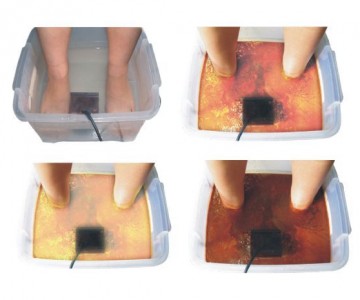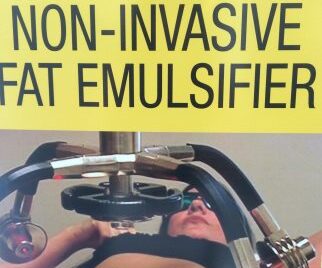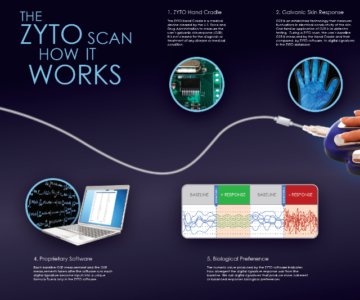Grounding

“Why We Need Electrons”
Every chemical reaction and everything that happens in the body involves some kind of change in the distribution of electrons. Electrons can move in response to electrical current, to light, to sound, to magnetic forces – it all depends on the nature of the substances the electrons are associated with.Modern life tends to cause us to accumulate excess positive charge. Various substances in the body are therefore competing for electrons, causing chemical reactions that are not necessarily helpful to our well-being. Several studies indicate that excess positive charge is associated with inflammation. Thus, if we can find ways to neutralize the excess positive charge, certain chemical reactions are less likely to occur. This is similar to the effect that anti-oxidants have.
The Body’s Electrical Needs
The electrical nature of the body is recognized by most athletes, who consumer sports drinks with “electrolytes” and use various electrical devices to speed healing. They are now also understanding the benefits of access to a source of electrons that will bring them back into balance.Most footwear is electrically insulating, as are building materials. Furthermore, many of these materials rob us of electrons. Consequently, we spend most of our time having a shortage of electrons. This affects the chemistry of our body in ways that are only beginning to be understood. Studies done in the last decade have shown than excess positive charge can cause inflammation that can be reduced by making regular contact with a source of free electrons.One way of tapping into the earth’s abundance of electrons is to go barefoot on soil, sand, or even concrete. Another way is to wear footwear that allows electrons to pass through it.
The Nature of Matter and Electrons
Everything is made of atoms and all atoms have electrons and protons. Electrons have a very important property – they are much more mobile than protons and this allows electrons to play a key role in every process that involves energy or chemistry. Electrons have a negative charge and protons have a positive charge.All atoms have some number of positively charged protons in the “nucleus” and the same number of electrons in the space around them. The number of positively charged protons determines what the substance is. An “atom” has no net charge, positive or negative. Some atoms prefer the company of other atoms and will enter into “covalent bonds” to form molecules that have no charge. Most carbon-containing compounds (fats, carbohydrates, and proteins) have covalent bonds and no net charge.When the number of protons and electrons differ, the atom has a net charge and is referred to as an ion. Some atoms prefer to be ions and will have a positive or negative charge, usually, 1, 2, or 3. Electrons will either be missing or in excess. Ions will attract other ions with the opposite charge. The ideal net charge of any substance is zero. When ions are present in water, the water is much more conductive than without them. Water also ionizes a little bit, and the presence of ions allows water to ionize more easily, making it more conductive.Electrons can be in perfect balance with protons, in which case there is no “static charge.” However, various natural and man-made phenomena can cause electrons to become in excess, or, more commonly, in short supply. This happens not only to the objects in our life, but also to our own bodies. The imbalance of protons and electrons results in “static charge,” the thing that causes you to experience shocks when you touch people or things when the air is dry. Static charge can be reduced simply by making contact with the earth. The earth has an abundance of electrons and if there is a net positive charge, these electrons are attracted to positively charged objects or people through any pathway that is electrically conductive.
How long should I be grounded to notice effects?
While scientists are only beginning to understand the profound impacts of grounding, studies done to date have shown several things.The period of grounding in studies to date was 28 minutes or longer, but many changes were noticed within a few seconds. The most important change, whole body electrical charge (as measured by voltage) changed greatly within a minute. Another change that was rapid was respiratory rate, perhaps because of deeper breathing. Many people have reported diminished feelings of stress during and after grounding. What differences will you notice? Will you notice any differences? What impact will it have on your life? The answers to these questions vary from person to person, but we do think you will benefit from a reduced static charge, regardless of whether the effects can be measured.






















